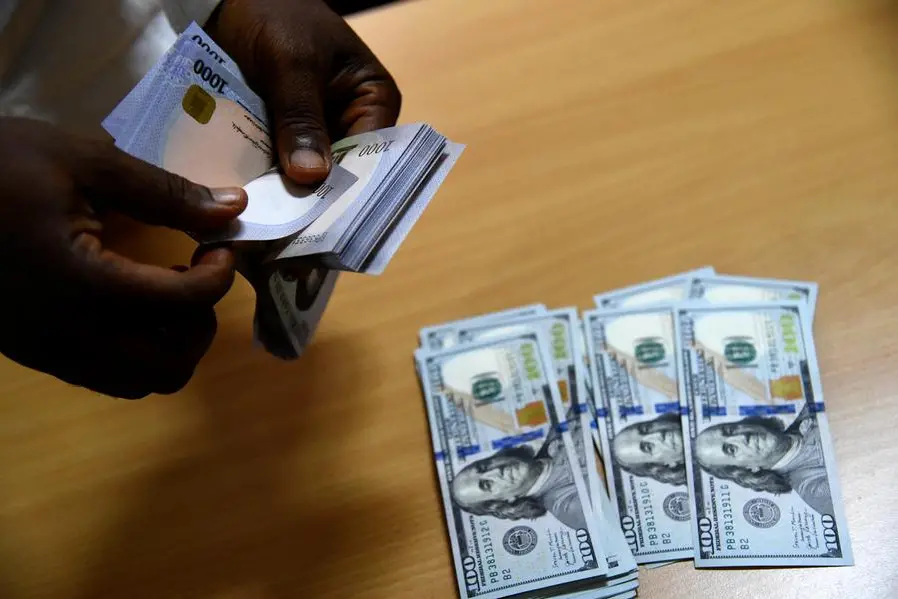PHOTO
On Sunday, the chairman of the Presidential Committee on Fiscal Policy and Tax Reforms said the committee does not intend to introduce new taxes or impose higher tax rates on Nigerians.
This was disclosed via the verified X handle of Taiwo Oyedele, the Chairman of the Presidential Committee on Fiscal Policy and Tax Reforms, on Sunday.
Related PostsFG to increase education funding by 25% — MinisterTackle problems facing Nigerians, ECWA charges FGFG to digitalise healthcare, merge FMCs, PHCs’ medical electronic platform
While responding to the frequently asked questions about the committee, he said the committee is progressing and on track to meet its deliverables on time.
Earlier in July, President Tinubu approved the establishment of a Presidential Committee on Fiscal Policy and Tax Reforms and appointed Mr. Taiwo Oyedele as the committee’s chairman.
The government said the committee’s creation reflects President Tinubu’s commitment to addressing challenges and bringing about transformative fiscal policy and taxation reforms.
Responding to the question on the expectation of more taxes and frequent changes to the tax laws, Mr Oyedele said there is no plan to increase taxes. Rather, he said, the committee would help harmonize revenue collection to reduce the tax burden.
He explained that President Tinubu set up the committee to review and redesign Nigeria’s fiscal system concerning revenue mobilisation, tax and non-tax quality of government spending and sustainable debt management.
According to the Nigerian government, the committee’s primary goal is to enhance revenue collection efficiency, ensure transparent reporting, and promote the effective utilisation of tax and other revenues to boost citizens’ tax morale, foster a healthy tax culture, and drive voluntary compliance.
“We do not intend to introduce new taxes or impose higher tax rates. Rather, our mandate is to reduce the number of taxes and levies while harmonising revenue collection to reduce the burden on the people and businesses.
“The objective is to avoid taxing investment, capital, production or poverty. We plan to review and re-enact the major tax laws in a holistic manner thereby limiting the necessity for frequent changes through annual finance acts,” Mr Oyedele said.
He noted that committee members are drawn from a diverse pool of eminently qualified Nigerians across all geopolitical zones, age brackets, religion, and gender.
“They represent the private sector, including trade associations, small businesses, civil society, and professional bodies, as well as public sector institutions at federal, state and local government levels.
“In addition, we have outlined various stakeholder engagement sessions with Nigerians from all walks of life including people living with disabilities, artisans, Nigerians in the diaspora, multinational companies, the international investment community and so on. Everyone who has something to say will be heard,” he said.
Mr Oyedele said the average tax to gross domestic product (GDP) ratio for Africa excluding Nigeria is about 18 per cent.
“This is the basis for the target of 18 per cent and the estimated tax gap of N20 trillion.
“There is a huge opportunity to generate revenue by leveraging technology and tax intelligence to close the tax gap.
“In addition, we will rationalize incentives, reduce the cost of collection, and optimize revenue from government assets and natural resources. This way we can generate more revenue without introducing new taxes,” he said.
Copyright © 2022 Nigerian Tribune Provided by SyndiGate Media Inc. (Syndigate.info).




















